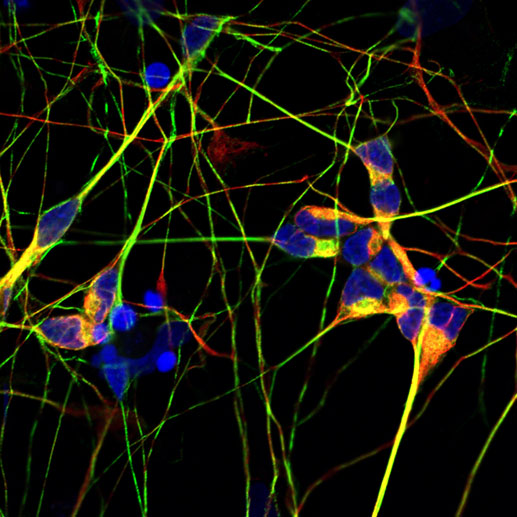

UK DRI at UCL

The UK DRI at UCL takes knowledge from the lab all the way to treatments for people living with dementia – drawing on biomarkers, imaging and clinical research facilities.

Research at the UK DRI at UCL covers the journey from the laboratory to the clinic and back again - leveraging insights from human studies to learn more about the underlying causes of disease, to improve diagnostics and therapies. The researchers aim to better understand the complexity and diversity of neurodegenerative diseases, to intervene and improve the outlook for people affected by these conditions.
The Centre is located within London’s dynamic Knowledge Quarter and closely linked to UCL’s world-class Dementia Research Centre and the Queen Square Brain Bank. Work is underway on a state-of-the-art world-class centre for translational neuroscience, which will house over 500 researchers from the UK Dementia Research Institute and UCL’s Queen Square Institute of Neurology.
The UK DRI at UCL takes a novel approach by integrating diverse expertise from genetics to clinics, with the aim of finding treatments quicker. Through improving understanding of the earliest stages of neurodegeneration, the team seeks to identify new drug targets, develop therapeutics, and deliver them at an early stage in disease progression when they are most likely to be effective.
We know that for the majority of neurodegenerative conditions, harmful changes to the brain begin decades before symptoms appear. To stand a better chance of slowing or stopping disease progression, we need to intervene with treatments at the earliest stages. The UK DRI Biomarker Factory, based within the UCL Centre, aims to transform the early detection, diagnosis and monitoring of dementia, by facilitating the development of fluid biomarkers for research and the clinic.
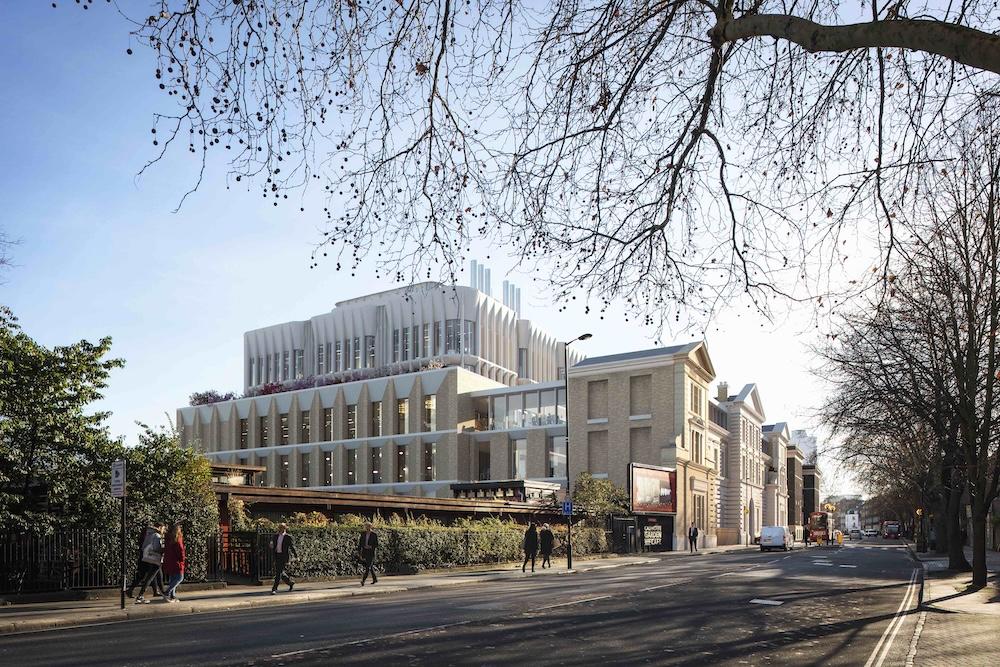
A computer generated image of the new translational neuroscience centre on Gray's Inn Road.
Latest news
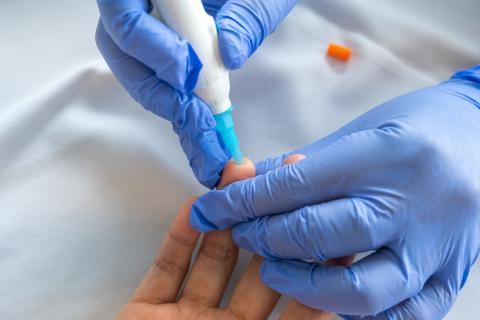
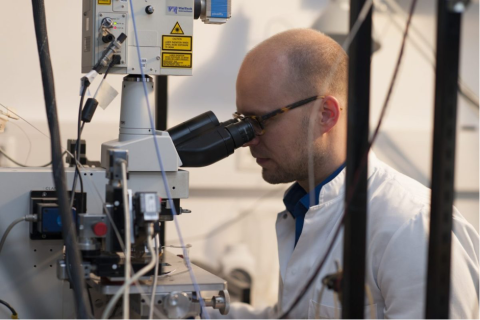
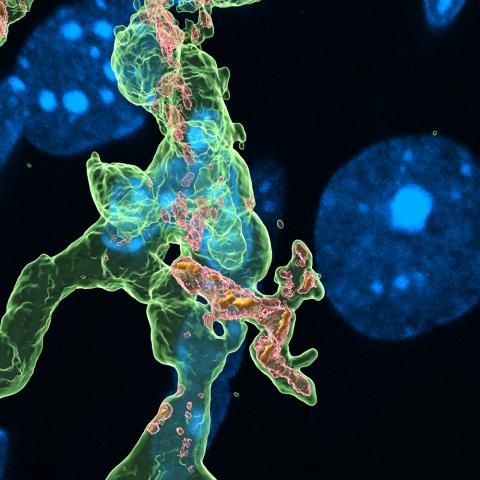
People
Scientific focus
Read about the scientific focus of the UK DRI at UCL
